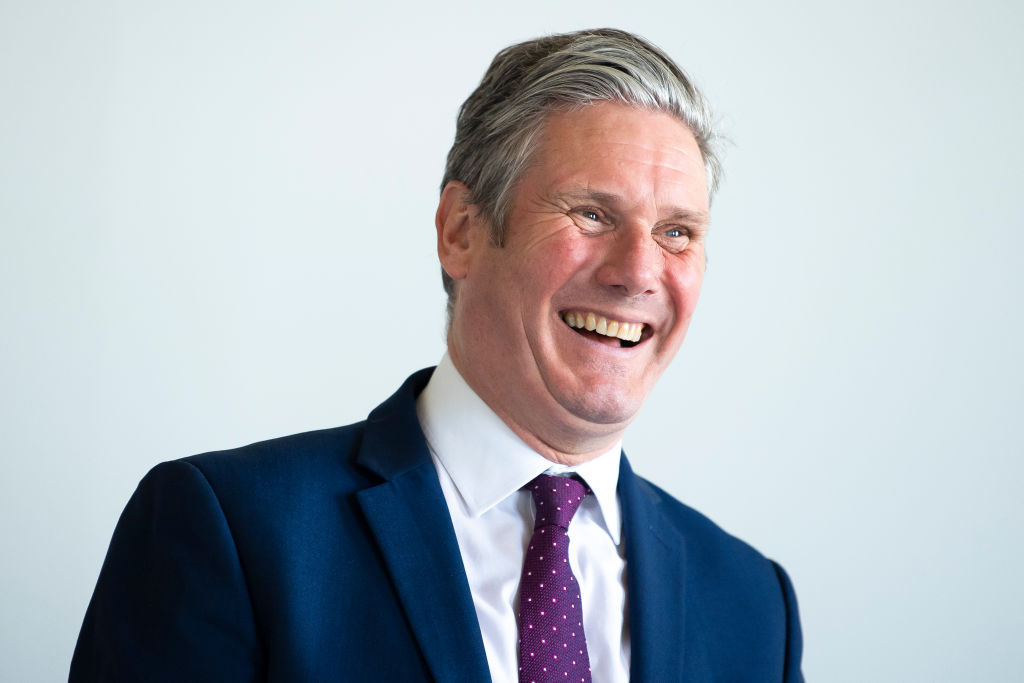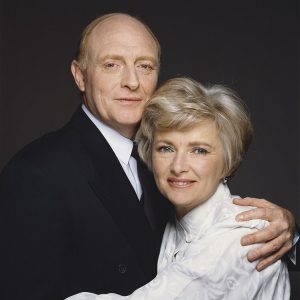Keir Starmer has served as the Leader of the Opposition
and Leader of the Labour Party since 2020. Starmer mentioned that the incoming
Prime Minister Liz Truss is ‘out of touch’ and ‘not on the side of working
people’. Ideologically, Keir Starmer has been described as being on the
soft left within the Labour Party.
On September 5, 2022, Starmer tweeted, “But so far, she’s spent more time talking about cuts to
corporation tax than the cost of living crisis. She must back Labour’s plan to
freeze energy bills, paid for by a windfall tax on oil and gas companies.”
Who
is Keir Starmer?
Sir Keir Rodney Starmer is a British politician and former
lawyer. He was born on September 2, 1962, in Southwark, London. He has three
siblings. Starmer’s parents were Labour Party supporters and named him after
the party’s first parliamentary leader, Keir Hardie.
Also Read: What is the UK’s cost of living crisis?
He gained entry to Reigate Grammar School after passing
the 11-plus examination. In his teenage years, Starmer was active in Labour
politics and was a member of the Labour Party Young Socialists in East Surrey.
He earned an LLB degree in 1985 from the University of Leeds. He undertook
postgraduate studies at St Edmund Hall, Oxford, graduating from the University
of Oxford with a Bachelor of Civil Law in 1986.
He became a barrister in 1987 at the Middle Temple, later
becoming a bencher there in 2009. He served as a legal officer for the campaign
group Liberty in 1990. He notably worked for Helen Steel and David Morris in
the McLibel case in 1997.
Starmer was appointed Queen’s Counsel on April 9, 2002. In
July 2008, Starmer was named as the new head of the Brown Prosecution Service
(CPS) and Director of Public Prosecutions by Baroness Scotland of Asthal,
Attorney General for England and Wales.
He was selected to be the Labour Party’s prospective
parliamentary candidate for the Labour UK constituency of Holborn and St Pancras
in December 2014. He was elected at the 2015 UK general election with a
majority of 17,048. He became the Shadow Minister for Immigration in September
2015, before being appointed to the shadow cabinet in October 2016 as Shadow
Secretary of State for Exiting the European Union after Brexit.
Also Read: Liz Truss as PM: 5 politicians who may be in the new UK cabinet
Following Labour’s defeat at the 2019 general elections,
Corbyn announced that he would stand down as Leader of the Labour Party.
Starmer announced his candidacy in the ensuing leadership election on January
4, 2020.







